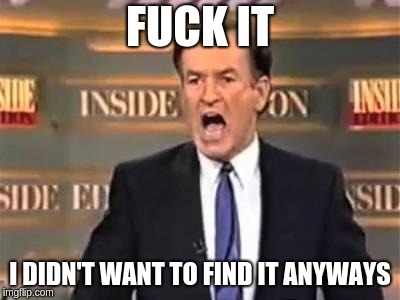→ Pay attention
→ Top rated
| # | User | Rating |
|---|---|---|
| 1 | jiangly | 3846 |
| 2 | tourist | 3799 |
| 3 | orzdevinwang | 3706 |
| 4 | jqdai0815 | 3682 |
| 5 | ksun48 | 3590 |
| 6 | Ormlis | 3533 |
| 7 | Benq | 3468 |
| 8 | Radewoosh | 3463 |
| 9 | ecnerwala | 3451 |
| 9 | Um_nik | 3451 |
→ Top contributors
| # | User | Contrib. |
|---|---|---|
| 1 | cry | 165 |
| 2 | -is-this-fft- | 161 |
| 3 | Qingyu | 160 |
| 4 | Dominater069 | 158 |
| 5 | atcoder_official | 157 |
| 6 | adamant | 154 |
| 7 | Um_nik | 151 |
| 8 | djm03178 | 150 |
| 9 | luogu_official | 149 |
| 10 | awoo | 147 |
→ Find user
→ Recent actions
This question was featured in a ICPC Regional Contest. To summarize briefly, it gives a string consisting of 3 possible letters, 'I' (which stands for increasing), 'D' (decreasing) and/or '?' (both 'I' or 'D') to represent two consecutive numbers of an n-permutation (1 to n). Ex. the string 'IID' can fit the 4-permutations {1,3,4,2}, {1,2,4,3} and {2,3,4,1}. The task is given a string, find the number of possible permutations that fit the string in mod 10^9 + 7.
A working solution is found here. Can someone please clarify the recurrence relation to solve this dp?
Codeforces (c) Copyright 2010-2025 Mike Mirzayanov
The only programming contests Web 2.0 platform
Server time: Mar/11/2025 21:01:49 (i1).
Desktop version, switch to mobile version.
Supported by
User lists


| Name |
|---|











